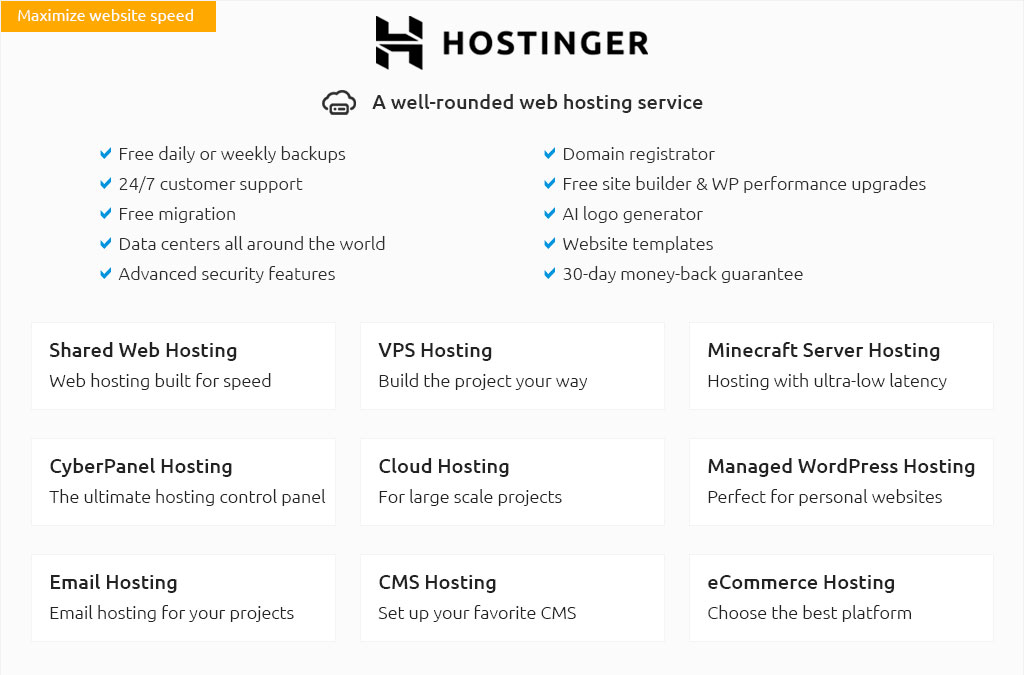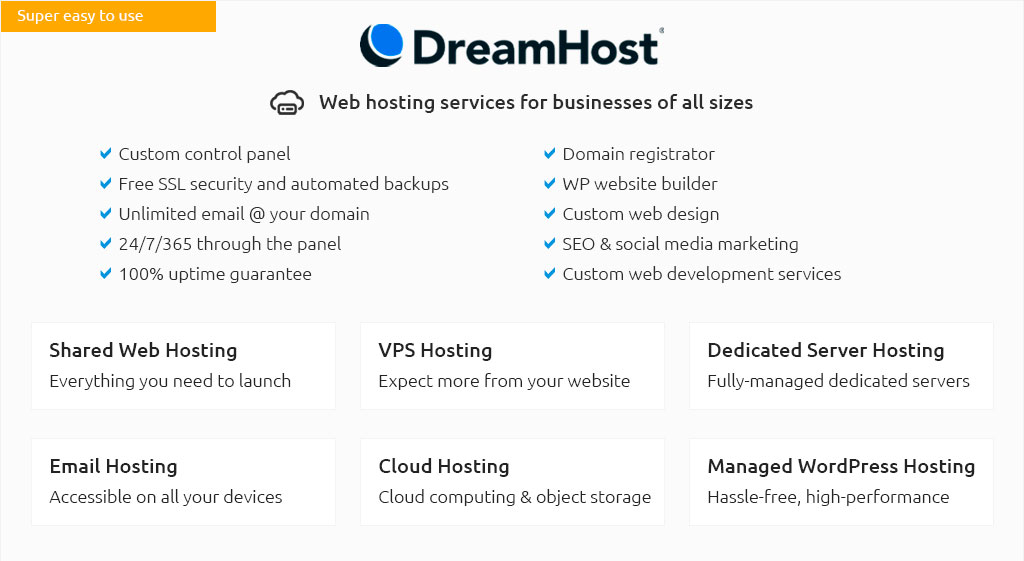 |
|||
 |
 |
 |
|
 |
|
 |
 |
 |
|||
 |
|||
 |
|||
 |
|||
 |
 |
|
Unleash the full power of your digital ambitions with our cutting-edge 'Web Hostings Review', where we dive deep into the ultimate game-changer: VPS Windows Servers; crafted for those who refuse to compromise, our detailed insights promise not just performance but a revolution in reliability, security, and scalability-your gateway to seamless success awaits, where every click resonates with confidence and each decision is backed by unparalleled expertise, ensuring your online presence is not just seen but remembered; join the elite who dare to redefine the standards of excellence in the ever-evolving digital landscape.
https://www.databasemart.com/vps-hosting?srsltid=AfmBOor7cazoqks1LapQzTaH7jwoh6MAEF4O-gAmTCSgxUWjQC4_WLpa
A Windows VPS hosting is a virtual private server that uses Windows as the base operating system. It provides a more user-friendly interface that features its ... https://contabo.com/en-us/windows-servers-vps/
Scalable Windows VPS hosting designed and priced for everyone - from beginners to tech pros. Enjoy quick ... https://www.ionos.com/servers/windows-vps
Windows VPS Hosting. Powerful virtual servers with Windows. Unlimited traffic and up to 1 Gbit/s bandwidth.
|